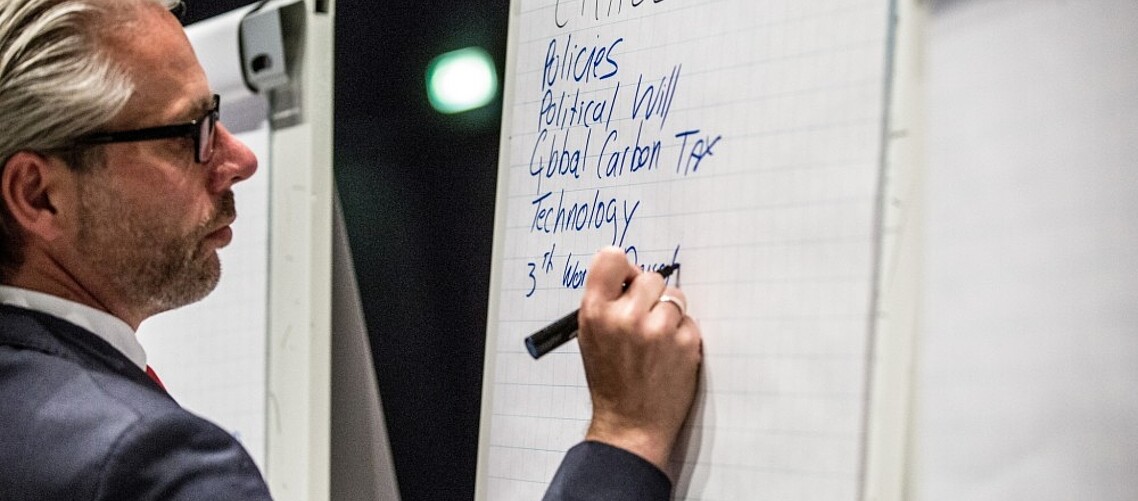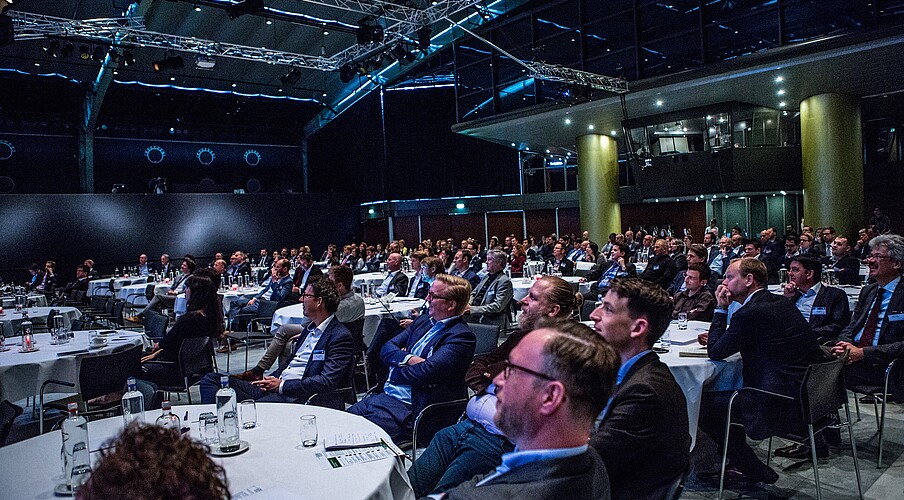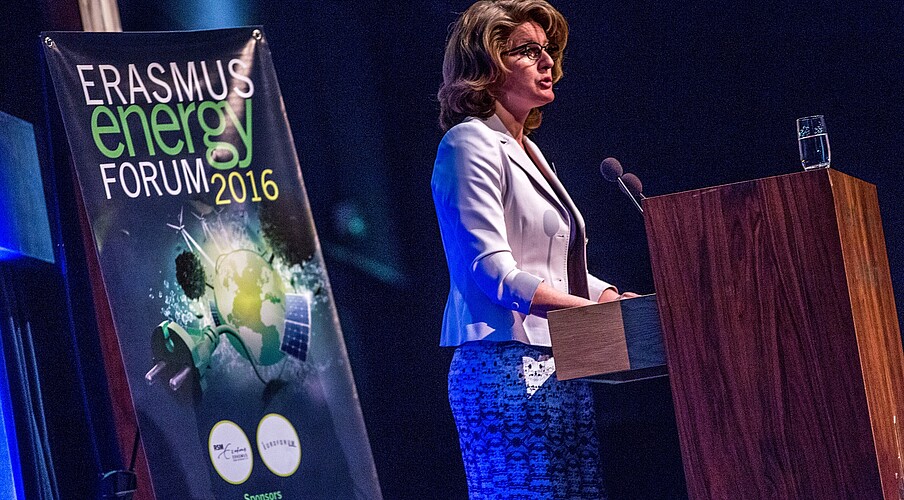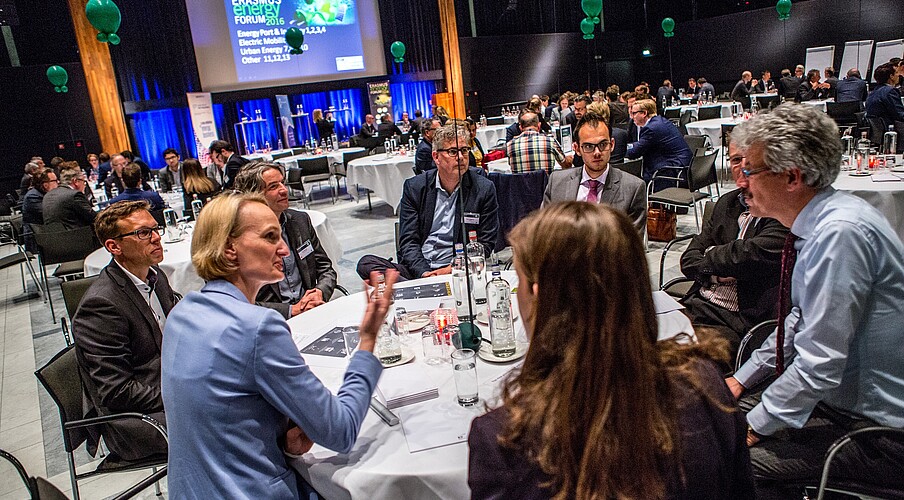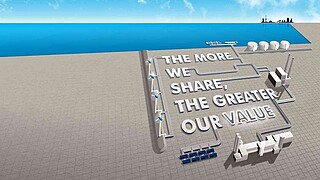It’s time to accelerate the energy transition, they said; to set up a definitive course and lay out the challenges facing industry sectors after the first-ever universal, legally binding global climate deal at the Paris climate conference (COP21) in December 2015. Investors and the finance sector are now influencing the future energy landscape and forcing others to look ahead at how the transition will actually happen, because it will no doubt affect national economies, GDPs and the competitiveness of nations and continents.
Three recommendations were made:
- Price carbon emissions and create a CO2 trading system
- Introduce dynamic pricing
- Prepare grid infrastructure and supporting IT platforms for flexibility
Businesses in other sectors are preparing for the transition by looking at the security of supply, competitiveness, efficiency and the reduction of greenhouse gases. Here, new market designs take into account new partnerships that contain designs and options for shared visions, and lay the foundations for the next steps.
Where are the general standards?
A common theme at the Erasmus Energy Forum’s Business Day on 18 May, which took place at Rotterdam’s World Trade Center, was openness, sharing and collaboration for complex technologies and sharing developments. But the drawback is that innovation cannot be used effectively if there are no policies or standards in place. This is where the Forum sent out a strong message to policymakers, governments and companies – they need to work together on general standards that can be used to help innovation grow in order that the infrastructure can be scaled up.
Speakers included Franz Josef Kremp, ambassador of Germany to the Kingdom of the Netherlands; Bertrand van Ee of Climate KIC, Europe’s largest public-private innovation partnership focused on climate change; Prof. Wolf Ketter, director of the Erasmus Centre for Future Energy Business; Prof. Jakob de Haan, ambassador of the Dutch Central Bank (De Nederlandsche Bank – DNB); and Medy van der Laan, chairman of Energie-Nederland, the trade association for almost every power generator, trader and supplier in the Netherlands.
After listening to trend-watchers, serial technology company innovators, self-proclaimed ‘dismal’ economists and energy firm chiefs, the 200-strong Forum audience took part in Q & A sessions, round table discussions and debates on the port energy, urban energy and electric vehicles (EVs).
Full report
A full report of the 2016 Erasmus Energy Forum is available on the ECFEB website. Day two of the Erasmus Energy Forum on 19 May was Science Day, an academic gathering to present in-depth scientific work about using energy informatics and management.
